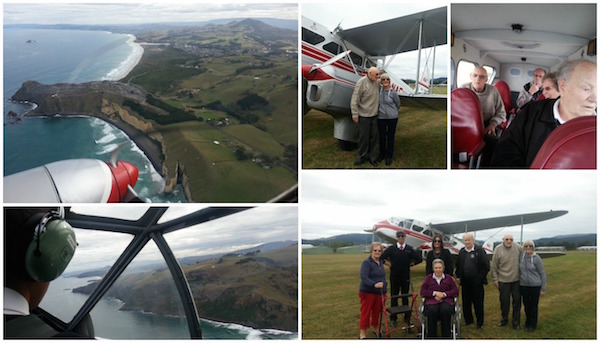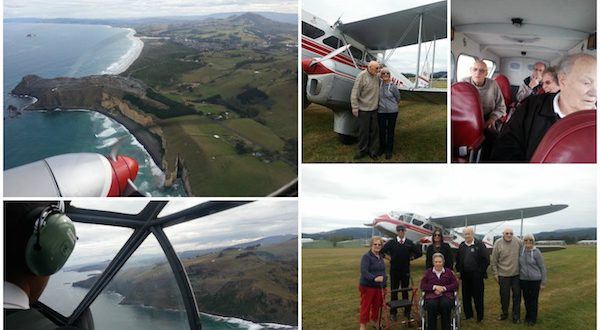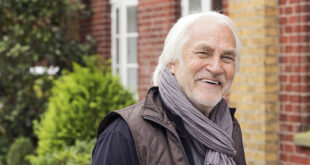This week I got a slightly stressed phone call from a manager of one of our Radius Care facilities regarding how to handle a situation that could present a possible health and safety hazard. The “situation” was that some of our residents had the rare opportunity to go for a short scenic flight in a restored 1943 De Havilland Dominee historic plane. Clearly this was the cause of great excitement for the residents, but for the manager it presented a major dilemma – was it safe to let them go? Would this be a compliance issue? Did such a trip breach any health and safety requirements and would there be dire consequences for giving consent as a result?
I get a few enquiries like this from staff at our facilities every week. Not because the staff are not competent enough to make judgements regarding the health and safety of the people in their care, but because health and safety compliance in this country has become such a restrictive, bureaucratic minefield, that they are terrified they will slip up and break some new rule that they didn’t even know existed and we’ll be done for breach of health and safety regulations.
Naturally I encouraged the manager to allow the residents to take the flight and they had a wonderful time. When we make decisions at Radius, we always try to put the wellbeing of the residents first – and when I say wellbeing, I mean the wellbeing of the whole person – body, mind, heart.
The problem with the obsession we have with compliance in Australia and New Zealand is that it means in a sector such as aged care, the person as a human being is not truly considered. The person becomes a potential hazard – anything they do may cause undue harm, an accident may happen, they may not be able to look out for themselves if they do this or that. It seems that even breathing could be a hazard!
Staff are not given the credit to be able to make their own judgements and decisions regarding those they care for. Instead they are beholden to detailed rules and regulations that have been written for just about every possible risk – real or imagined – that has been dreamed up by someone at a government agency many miles away from the coalface.
Then to compound matters, staff are forced to prove that they are carrying out the required policies and procedures and being compliant in all matters including health and safety, by filling out form after form to demonstrate all the ways in which they are ensuring they follow the rules.
The great irony in all of this, is that for every form that needs to be filled out, the caregiver is spending more and more time away from their core role of caregiving, and getting embroiled in a red-tape nightmare. What our residents need the most is our time, our compassion, our human interaction – not a clinical, risk-obsessed culture that makes compliance the most important aspect of their job.
I’ve worked in the aged care industry for over 20 years now, and what I’ve come to understand is that if you trust your staff, and ensure they have the proper training and competencies needed to carry out their duties, they will be empowered to make the right decisions and to put the best interests of the people in their care first. Yes, as is human nature, there may be mistakes from time to time – but this is the very nature of being human – we are flawed. No industry is perfect all of the time, because human beings are not perfect. This doesn’t mean that a whole industry or sector then needs to be treated with hysteria and have further controls and regulations laid down on top of the already stifling policies and laws it has to deal with.
Where there is a pattern – such as with the recent spate of accidental forestry deaths, then of course this issue must be addressed. But it’s time government agencies stopped having knee jerk reactions when there is no pattern and an industry or sector is generally managing the safety of those in their care competently. If we don’t start putting compassion and commonsense before compliance then we risk becoming a sector that doesn’t see people, it just sees compliance hazards to be managed. That’s certainly not the legacy I want to leave.
Brien Cree, Managing Director of Radius Care
Please visit Radius Care










Join the Discussion
Type out your comment here:
You must be logged in to post a comment.